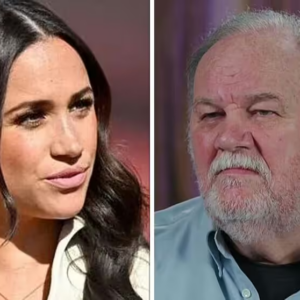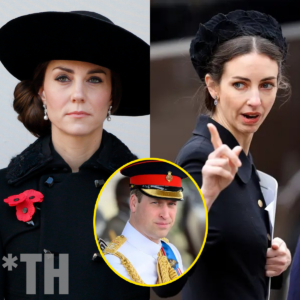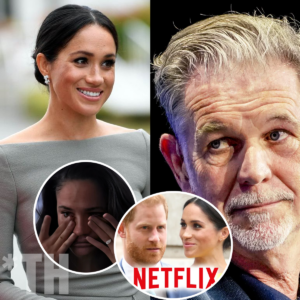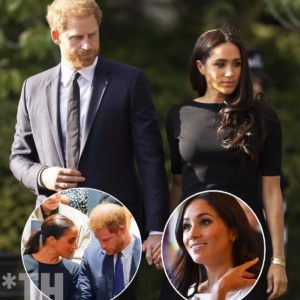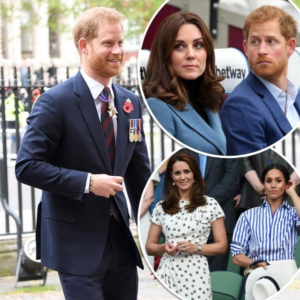
In a recent development surrounding music mogul Diddy, exclusive information has surfaced regarding an ongoing investigation into his affairs.
Sources have revealed that investigators discovered several weapons at his residences, along with videos depicting individuals in compromising situations.

These findings have sparked public interest and speculation about the potential implications for Diddy’s career and personal life.
The investigation into Diddy’s properties in Miami and Los Angeles has raised significant concerns. The discovery of multiple firearms has prompted questions about their legality and potential connection to criminal activities.
Authorities are reportedly examining the firearms to determine if they have been used in any illegal incidents.
Additionally, the videos found at Diddy’s residences have added another layer of complexity to the investigation.
Investigators are scrutinizing the contents of these videos to ascertain if they contain evidence of criminal behavior.
Former NYPD officer Derek Parker, known as the “hip-hop cop,” shed light on the context of Diddy’s past interactions with law enforcement.
Parker explained that Diddy’s involvement in the hip-hop scene during the 1990s and early 2000s led to numerous incidents that warranted police attention.
The emergence of the hip-hop cop unit was a response to the escalating violence and criminal activity within the rap community.
However, despite efforts to mitigate these issues, Diddy’s legal troubles seem to persist.
The current investigation has brought renewed scrutiny to Diddy’s conduct and raised questions about accountability in the entertainment industry.
Luke Campbell, a former member of 2 Live Crew, offered his perspective on the situation, highlighting the power dynamics at play.
Campbell suggested that wealthy individuals like Diddy often face orchestrated smear campaigns designed to undermine their credibility and legal standing.
He emphasized the importance of understanding the systemic challenges faced by black men in positions of influence.
Moreover, the investigation into Diddy’s actions intersects with broader conversations about gender dynamics and women’s rights.
Recent incidents of violence against women in New York City have underscored the need for increased protection and accountability.
Diddy’s alleged mistreatment of women further amplifies concerns about gender-based discrimination and harassment within the entertainment industry.
In light of these developments, it is imperative for men, especially those in positions of power, to reassess their behavior and prioritize respect and consent.
The era of unchecked privilege and entitlement is coming to an end, as evidenced by the growing calls for accountability and justice.
As Diddy navigates the legal fallout from the investigation, it serves as a cautionary tale for others who wield influence and authority.
In conclusion, the investigation into Diddy’s activities has unveiled a complex web of allegations and implications.
From the discovery of weapons to the scrutiny of his past behavior, the case against Diddy raises important questions about accountability, power dynamics, and gender relations in the entertainment industry.
As the investigation unfolds, it remains to be seen how Diddy and others implicated in the scandal will respond to the mounting pressure and scrutiny.
News
Thomas Markle ‘so sad’ he won’t join Prince Harry and Meghan Markle for special occasion
Thomas Markle has been estranged from his youngest daughter Meghan Markle since shortly after her wedding to Prince Harry in 2018. Thomas Markle has never met neither…
Rose Hanbury breaks silence to answer allegations over Prince William affair
There have been an untold number of well-publicized royal scandals over the years, many points in history where the ongoings of the British monarchy have dominated newspaper…
Netflix CEO Snubs Sussexes’ $100 Million Deal: Meghan Markle Faces Rejection from Streaming Giants
SO, BACK IN 2020, MEGXIT HAPPENED. HARRY AND MEGHAN DECIDED TO STEP BACK FROM ROYAL DUTIES, CITING PRIVACY CONCERNS AND A DESIRE FOR INDEPEN… So, back in…
Man Claiming to Be King Charles & Queen Camilla’s Son Speaks Out on DNA Test — Details & His Photos
An Australian’s quest for royal recognition takes a dramatic turn, with a plan to compare DNA with a royal family member at the center. Amidst a backdrop…
Prince Harry and Meghan Markle reportedly face their titles being STRIPPED with the Royal Family’s silent approval
The Palace has be warned that a potential move could spark backlash from the public if it’s given the go ahead. A royal expert has claimed that…
Meghan Markle thinks Prince Harry is making ‘big mistake’ by reaching out to Princess Kate
Meghan Markle is reportedly worried about Prince Harry attempting to reunite with his sister-in-law, Princess Kate, following the news of her cancer diagnosis, as he prepares for…
End of content
No more pages to load
